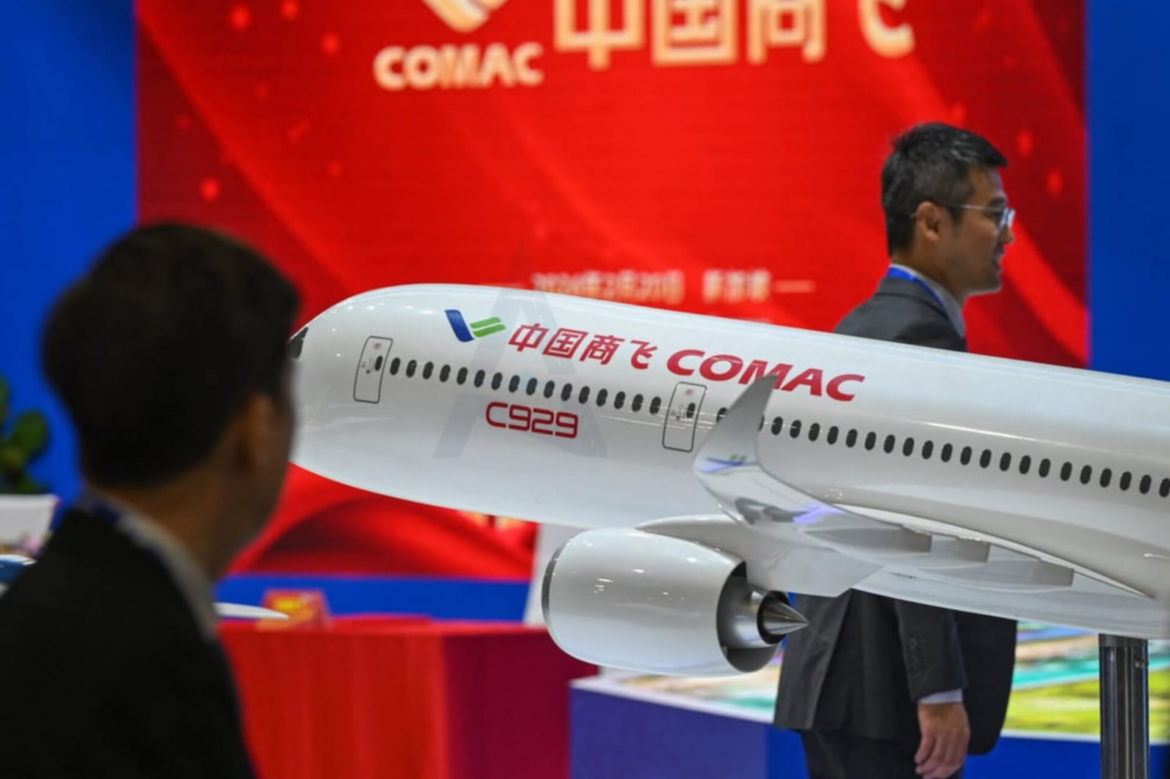Boeing, a global leader in aerospace innovation, has a storied history dating back to its founding in 1916. One intriguing chapter in this history involves its first engineer, a Chinese immigrant named Wong Tsu. Over the decades, Boeing’s engineering workforce has evolved significantly, reflecting broader trends in globalization and the shifting dynamics of the global talent pool. Today, Boeing hires a substantial number of its engineers from India, a testament to the changing landscape of engineering talent worldwide.
In 1916, Wong Tsu, a talented Chinese aeronautical engineer, joined Boeing as its first engineer. Wong had recently graduated from the Massachusetts Institute of Technology (MIT), where he specialized in aeronautics. His expertise was instrumental in the development of Boeing’s first successful product, the Model C seaplane. Wong’s contributions were crucial in establishing Boeing’s early reputation for innovation and quality.
Wong Tsu’s journey to Boeing was remarkable, considering the era’s racial and cultural barriers. His work laid a strong foundation for Boeing’s future successes and highlighted the importance of international talent in driving American technological advancement.
In the 21st century, Boeing’s recruitment strategy has evolved significantly. The company now hires a considerable portion of its engineering talent from India. This shift is driven by several factors, including the high quality of engineering education in India, the country’s large pool of skilled engineers, and the cost advantages of hiring in India.
India is home to numerous prestigious engineering institutions, such as the Indian Institutes of Technology (IITs) and the Indian Institutes of Information Technology (IIITs). These institutions produce a steady stream of highly qualified engineers who are well-versed in the latest technologies and engineering practices. Boeing, like many other global companies, has recognized the value of tapping into this talent pool.
Moreover, India’s growing technology sector and its emphasis on STEM (Science, Technology, Engineering, and Mathematics) education have created a robust pipeline of engineers. This has enabled Boeing to not only fill its current engineering needs but also to innovate and stay competitive in the fast-paced aerospace industry.
The shift from hiring engineers from China to predominantly from India reflects broader trends in globalization and the movement of talent across borders. Boeing’s ability to adapt to these changes has been a key factor in its sustained success. By leveraging the skills and expertise of engineers from different parts of the world, Boeing has maintained its position at the forefront of aerospace innovation.
Furthermore, Boeing’s diverse engineering workforce has contributed to a more inclusive and dynamic corporate culture. The collaboration of engineers from various cultural and educational backgrounds fosters creativity and leads to innovative solutions to complex problems.
Boeing’s journey from hiring its first engineer, Wong Tsu from China, to recruiting a significant portion of its engineers from India encapsulates the evolution of the global engineering workforce. This shift underscores the importance of recognizing and embracing international talent in today’s interconnected world. As Boeing continues to innovate and lead in the aerospace industry, its diverse and global workforce will remain a cornerstone of its success.

